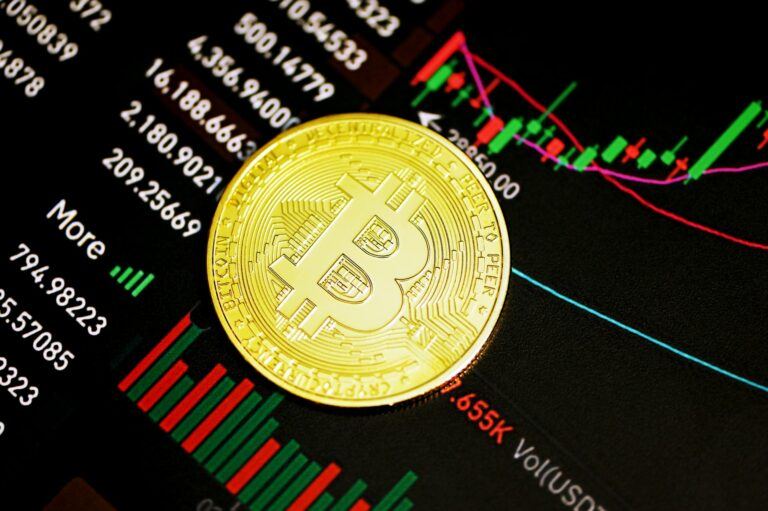In an unexpected move, a dormant Bitcoin ($BTC) whale that hadn’t touched their funds in over 11 years has suddenly resurfaced, with a transactions of 1,037.42 BTC worth over $37.8 million to a new addresses.
The transaction, according to on-chain monitoring service Lookonchain, saw the whale move the funds that it first received back in April 2021, when the price of the flagship cryptocurrency was around $4.92 per token. Taking these prices into account, the whale’s funds were worth over $5,107 when they were received, meaning the transaction may be realizing a gain of over 740,000%.
The transaction comes at a time in which numerous financial behemoths, including BlackRock, Fidelity, and Invesco, have filed to list a spot Bitcoin exchange-traded fund (ETF) in the US, sparking bullish price predictions from various analysts.
Bitcoin’s price surged after these filings were made, from behemoths collectively managing $27 trillion. A popular anonymous analyst has now suggested Bitcoin could surge to $40,000 or even $50,000 ahead of the cryptocurrency’s upcoming halving around April 2024.
As CryptoGlobe reported Robert Kiyosaki, best known for his influential personal finance book, “Rich Dad Poor Dad,” has predicted that Bitcoin could surge to an astounding $120,000 in the near term at a time in which the BRICS nations are preparing to launch a gold-backed currency.
Notably, the best-selling author’s price target is seemingly in line with that of London-based multinational banking and financial services firm Standard Chartered, which recently suggested BTC’s price could surge to $50,000 this year, and could breach the $120,000 by 2024’s close.
Back in April, the banking giant made waves in the market with its prediction of Bitcoin reaching $100,000 by the end of 2024, asserting a conclusion to the bleak “crypto winter.”
Geoff Kendrick, one of Standard Chartered’s leading foreign exchange analysts, has now voiced an optimistic revision to that forecast, citing a 20% “upside” in the bank’s earlier call. The increased upside was related to increased miner profitability per BTC, which “means they can sell less while maintaining cash inflows.”
In turn, according to Kendrick, this will reduce the net BTC supply and push the price of the cryptocurrency higher.
Featured image via Unsplash.









